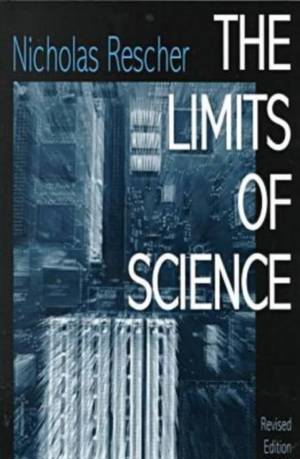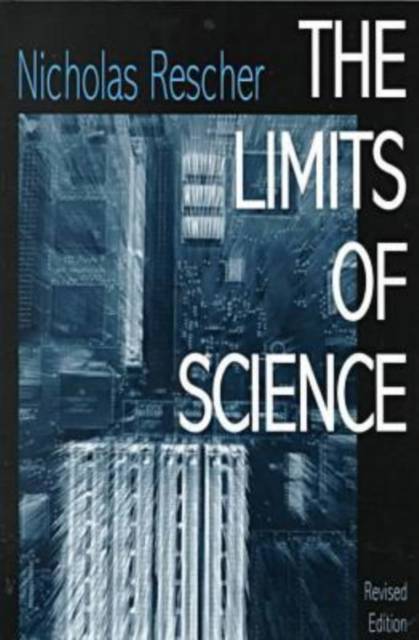
- Afhalen na 1 uur in een winkel met voorraad
- Gratis thuislevering in België vanaf € 30
- Ruim aanbod met 7 miljoen producten
- Afhalen na 1 uur in een winkel met voorraad
- Gratis thuislevering in België vanaf € 30
- Ruim aanbod met 7 miljoen producten
Zoeken
Omschrijving
Perfected science is but an idealization that provides a useful contrast to highlight the limited character of what we do and can attain. This lies at the core of various debates in the philosophy of science and Rescher's discussion focuses on the question: how far could science go in principle--what are the theoretical limits on science? He concentrates on what science can discover, not what it should discover. He explores in detail the existence of limits or limitations on scientific inquiry, especially those that, in principle, preclude the full realization of the aims of science, as opposed to those that relate to economic obstacles to scientific progress. Rescher also places his argument within the politics of the day, where "strident calls of ideological extremes surround us," ranging from the exaggeration that "science can do anything"--to the antiscientism that views science as a costly diversion we would be well advised to abandon. Rescher offers a middle path between these two extremes and provides an appreciation of the actual powers and limitations of science, not only to philosophers of science but also to a larger, less specialized audience.
Specificaties
Betrokkenen
- Auteur(s):
- Uitgeverij:
Inhoud
- Aantal bladzijden:
- 280
- Taal:
- Engels
- Reeks:
Eigenschappen
- Productcode (EAN):
- 9780822957133
- Verschijningsdatum:
- 2/12/1999
- Uitvoering:
- Paperback
- Formaat:
- Trade paperback (VS)
- Afmetingen:
- 152 mm x 229 mm
- Gewicht:
- 440 g

Alleen bij Standaard Boekhandel
+ 169 punten op je klantenkaart van Standaard Boekhandel
Beoordelingen
We publiceren alleen reviews die voldoen aan de voorwaarden voor reviews. Bekijk onze voorwaarden voor reviews.











